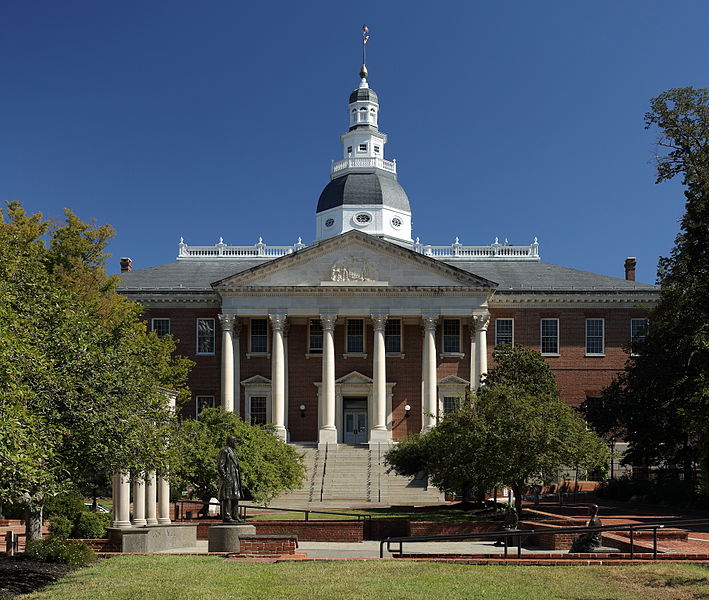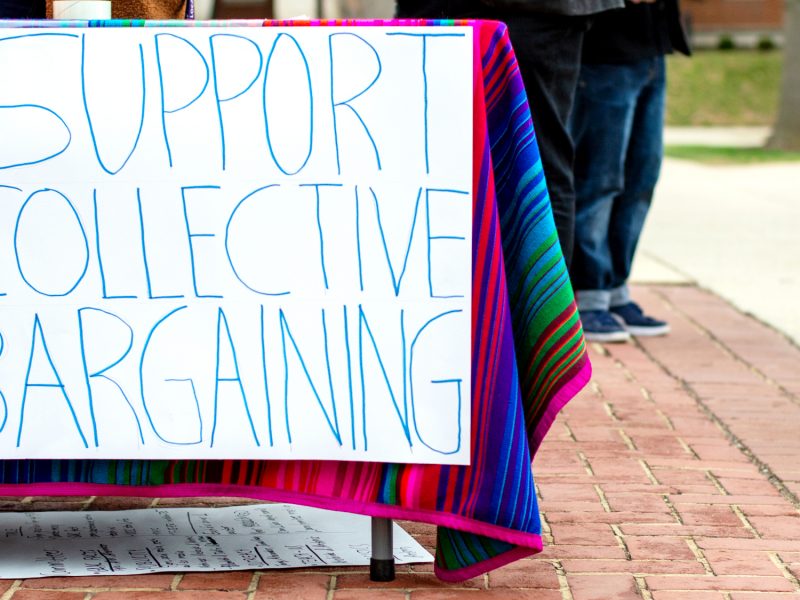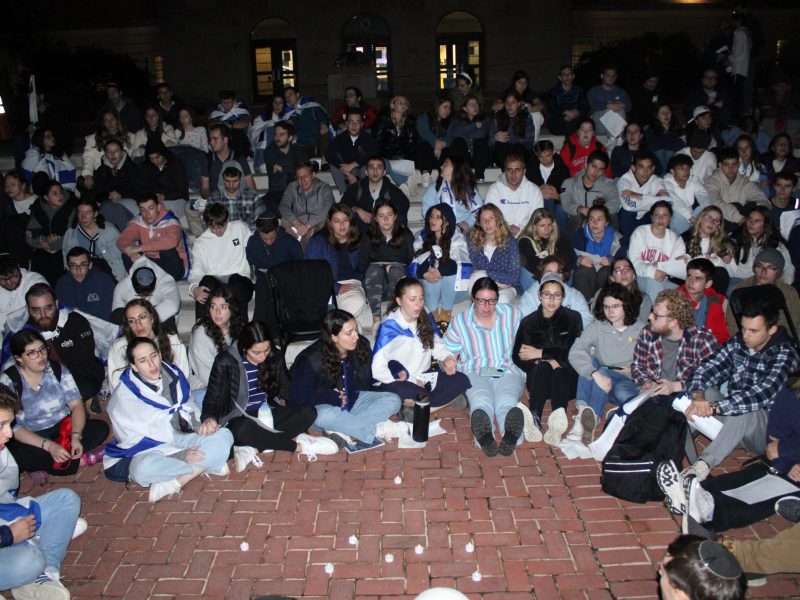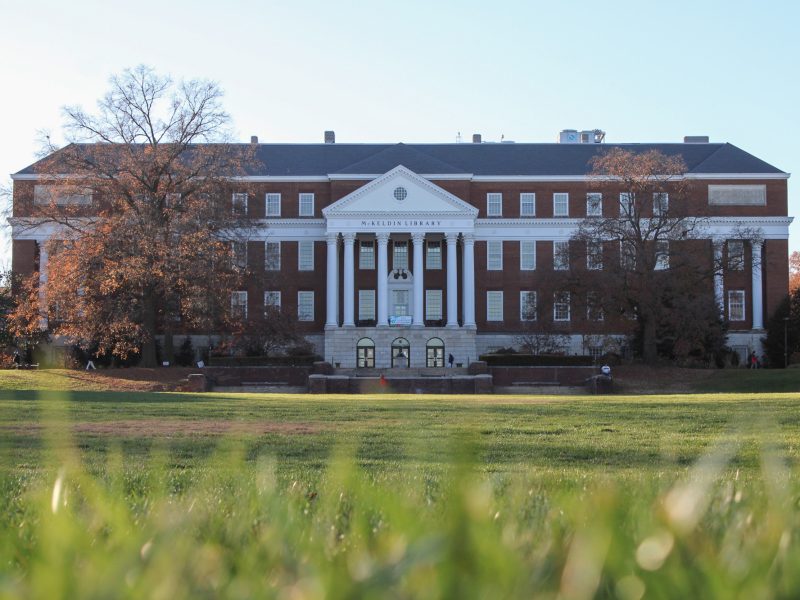Views expressed in opinion columns are the author’s own.
At a time of uncertainty and fear for immigrants nationwide, the University of Maryland has an opportunity to stand for immigrant rights and decent work. The Maryland legislature has held hearings concerning a bill (SB 526/HB 1493) on the regulation of farm and foreign labor contractors, which would implement crucial protections for internationally recruited workers in the state. As the university attracts and employs students, researchers and scholars on an array of visa categories, it should show leadership by supporting this important bill.
Currently, workers on temporary work visas, or guest workers, have little access to information on their terms of employment, recruiters, their rights or how to access justice. Many pay high and often illegal fees to recruiters, ranging from hundreds to thousands of dollars, in the hopes of securing a decent job in the United States. Once in the country, guest workers are tied to a single employer and subject to deportation if they are terminated or resign. This formula leaves guest workers vulnerable to abuse, regardless of occupation or sector.
[Read more: UMD student coalition teams up with Maryland delegate to push collective bargaining rights]
In the state of Maryland, thousands of guest workers are employed in a variety of sectors, from hospitality and construction to education and technology. The migrant rights organization Centro de los Derechos del Migrante, Inc., which has an office in Baltimore, has uncovered prevalent instances of abuse, wage theft, illegal recruitment fees and fraud among guest workers in the traveling fair and carnival and crab processing industries.
But abuse is not just limited to low-wage or seasonal jobs. In 2011, the Labor Department found Prince George’s County owed more than $4 million in back wages to 1,044 teachers who were charged illegal fees under the H-1B visa program. Many of those teachers subsequently had to leave the country after the county chose not to renew their visas, underscoring the vulnerability and disposability of guest workers under the current system.
The recruitment reform bills under consideration in the Maryland legislature would help prevent this kind of exploitation by bringing transparency and accountability for guest workers coming to Maryland to work. It would prevent debt bondage by banning charging workers recruitment fees; combat fraud by establishing a database for workers to verify employment offers and requiring that workers be given contracts at the time of recruitment; and promote equality and labor rights in the workplace by prohibiting employer retaliation and discrimination.
[Read more: Trump is threatening immigrants. UMD needs a full-time immigration lawyer.]
Transparency and accountability can empower guest workers to speak out against injustice, shift power dynamics and raise standards in industries by combatting the debt, fraud and employer reprisals that keep guest workers in exploitative jobs.
Employer organizations, including interest groups representing so-called “cultural exchange” operations, are arguing that these reforms would be overly burdensome, or target visa categories meant for education or exchange, particularly in the J-1 visa category. The fact is, however, that J-1 visa holders, student workers, interns and exchange workers are also subject to exploitation.
As the Southern Poverty Law Center has shown, employers widely utilize the J-1 visa as a source for low-wage labor in jobs with little to no cultural programming. In one extreme case highlighting the lack of oversight in these programs, a group of exchange workers were recruited into a Florida sex trafficking ring under the pretense that they would work in a yoga studio.
This university is a magnet for global talent. It hosts more than 6,000 international students, as well as numerous researchers and academics on a variety of visas, including J-1 and H-1B visas. Thus, the university has the opportunity to assume a leadership role and lend its voice to the legislative debates in favor of meaningful improvements to these programs.
I came to this university to work on a doctorate in history, specializing in immigration policy and labor, after working in the International Department of the AFL-CIO for several years. In my previous work, I saw how guest workers faced unique vulnerabilities not just in the United States, but wherever the model is employed, from Canada and South Korea to Russia and countries in the Gulf region, where migrant construction workers are often held in conditions of forced labor. This is a historic opportunity for the state of Maryland to lead the way to protect migrant workers and challenge an employment model that has undermined labor rights globally for decades.
The voice of this university in this debate is essential. It is one of the most respected institutions in the state and has experience employing internationally recruited workers. In line with the university’s values, it should take a public stance in favor of these necessary reforms. The effects would transcend borders and state lines, as the bill could serve as a model to be adopted by other states, the federal government and immigrant rights advocates in other countries. It would also ensure that the immigrants that work and live alongside us, teach our children, prepare our food and grow our economy are treated with dignity and respect.
Charlie Fanning is a doctoral student in history. He can be reached at ecfanning@gmail.com.



